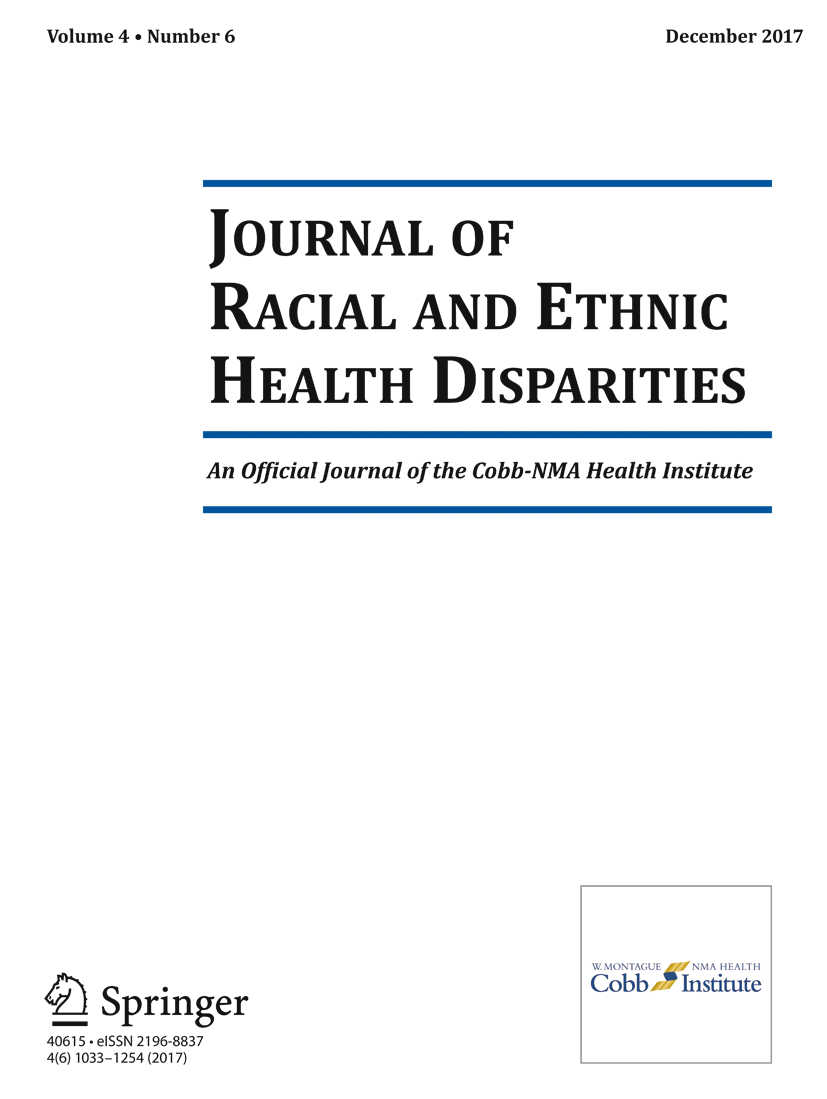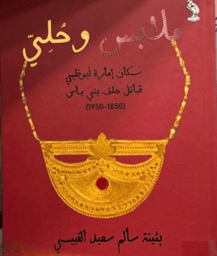Beyond the Headlines: African Migrants' Untold Pandemic Journey in Australia
Published in Healthcare & Nursing, Social Sciences, and Public Health

The COVID-19 pandemic cast a long, unprecedented shadow across the globe, impacting communities in myriad ways. While the general narratives often focused on broad societal shifts, the experiences of vulnerable populations, such as migrant communities, frequently remained in the periphery. A recent qualitative study on the impacts of COVID-19 on African migrants' wellbeing, and their coping strategies in urban and regional New South Wales, Australia, sheds crucial light on the unique challenges, surprising successes, and vital lessons gleaned from the pandemic's impact on African migrants. This study underscores the urgent need for culturally nuanced public health responses and highlights the resilience and enduring spirit within these communities.
Challenges Faced: The Weight of Isolation
For African migrants in New South Wales, the COVID-19 lockdowns presented a formidable array of challenges, deeply disrupting their established way of life. At the core of these difficulties was the profound disruption to their inherent "African sense of community". African cultures are often collectivist, and the enforced social isolation meant a sudden and painful severance from vital social connections, friends, and extended family. Participants expressed feelings of loneliness, sadness, and even depression due to the inability to engage in communal activities, visit loved ones, or attend significant family functions like weddings and memorials. As one participant poignantly shared, "back in our country, we have a social life, so we cannot live- it's like we cannot live without other people around us".
Beyond the emotional toll, financial insecurity loomed large. Many migrants experienced job loss or reduced working hours, particularly those in casual employment, leading to significant reductions in income. This economic strain directly impacted their ability to cover daily expenses and, critically, to send money to family members in their home countries – a deeply ingrained cultural obligation. One participant recounted losing their lecturer job and having to take "odd jobs to make ends meet," while another described the difficulty in continuing to support family back home. Even those in essential services, like aged care and disability, faced increased physical and emotional burdens due to stringent new safety protocols, which affected their work efficiency and well-being.
Furthermore, accessing government support services proved challenging for many. Despite the availability of programs like "JobKeeper and JobSeeker", hurdles such as digital literacy, migration status (especially for temporary residents), and a lack of trust stemming from previous discriminatory experiences with authorities, hindered access. The study also highlighted the pre-existing vulnerabilities of African migrants in Australia, including cultural shock, language barriers, and discrimination, all of which were exacerbated by the pandemic. Racialised harassment, a disturbing trend seen in previous outbreaks like Ebola, also resurfaced during COVID-19, adding another layer of distress.
Seeds of Resilience: Unexpected Successes
Despite the daunting challenges, the study also unveiled remarkable instances of resilience and unexpected positives within the African migrant community. The forced slowdown of life allowed for invaluable opportunities for increased family time and bonding, particularly for those whose spouses began working from home and children engaged in remote learning. This period enabled a deeper appreciation for family relationships and a chance to reflect on and re-evaluate their fast-paced lives before the pandemic.
Personal and professional development also saw an unanticipated surge. With more time at home, many seized the opportunity to enhance their digital skills, pursue certificate courses, and engage in online training. This newfound flexibility in learning from home, without the burden of commuting, was a significant advantage. As one participant noted, "In terms of, um, professional development, you know, training, I have been now able to do a lot more also onine, which I guess if it were face-to-face, the challenge would be always, if there's something, say, ..in Sydney, I always have to be thinking about my kids, have to find someone to look after them".
Perhaps the most significant success was the robust community support system that emerged. While government support faced accessibility issues, African migrant communities rallied together, offering emotional, financial, and practical assistance. Religious organisations played a pivotal role in this, providing a sense of solace and continuity even when communal worship was restricted. The widespread use of online platforms, like WhatsApp groups, facilitated constant connection, allowing community members to share concerns, offer counsel, and pray together, alleviating feelings of isolation. This "aunties and uncles" network provided a crucial lifeline, demonstrating the enduring strength of collectivist cultural values even in isolation.
Charting the Course: Implications for Future Research and Public Health
The findings of this study carry significant implications for future research and public health initiatives. Firstly, it underscores the critical need for a more nuanced understanding of migrant experiences. The study argues against the "monolithic perception of migrants as a single entity", emphasising that policies and interventions must acknowledge and address the unique challenges faced by specific migrant groups, like African migrants, whose experiences may differ significantly from others. Future research should delve deeper into these heterogeneous experiences, moving beyond generalised assumptions.
For public health, the study highlights the necessity of actively involving African migrant communities in the planning and implementing future outbreak responses. This participatory approach would ensure that interventions are culturally appropriate and accessible, addressing barriers such as digital literacy, language differences, and pre-existing mistrust in government services. The success of community-led support during the pandemic points to the immense potential of leveraging existing community networks and religious organisations as key partners in public health outreach and support delivery.
Furthermore, the study draws attention to the stigma surrounding mental health in some African societies. While government psychological support was available, many participants opted not to use it, relying instead on faith and community support. Future public health efforts must incorporate culturally sensitive approaches to mental health promotion, working to destigmatise seeking professional help and integrating it with existing community-based coping mechanisms.
Beyond the Data: Untold Stories and Human Spirit
Beneath the qualitative data and policy recommendations lie the untold stories of resilience, adaptation, and unwavering human spirit. The participants' narratives reveal a deep yearning for connection and belonging, a testament to the power of community in the face of adversity. The anxieties over family back home, the sacrifices made to maintain cultural obligations, and the innovative ways individuals found to cope – from self-care practices like Yoga and meditation to simply "checking on" friends and family – paint a vivid picture of strength and determination.
The positive impacts, though often overshadowed by the hardships, speak volumes about the human capacity to find silver linings and adapt. The embrace of personal development and skill-building during lockdown demonstrates a proactive approach to unforeseen circumstances. These individual stories, interwoven with collective experiences, form a powerful narrative of how a community, already navigating the complexities of migration, faced an unprecedented global crisis with remarkable fortitude. By amplifying these "untold stories," we gain a deeper understanding of human resilience and can build more equitable and culturally responsive support systems for the future.
Conclusion
The COVID-19 pandemic served as a stark reminder of existing inequities and vulnerabilities within societies. For African migrants in New South Wales, it presented a unique confluence of challenges, from profound social isolation and financial strain to issues of access and trust in official support systems. However, the study also illuminates the incredible strength of their collectivist culture, the power of community support, and the individual capacity for adaptation and personal growth. Moving forward, it is imperative that future public health policies and research are informed by these lived experiences, ensuring that interventions are not only practical but also culturally appropriate, accessible, and truly reflective of the diverse needs and inherent resilience of all communities.
Follow the Topic
-
Journal of Racial and Ethnic Health Disparities

Journal of Racial and Ethnic Health Disparities reports on the scholarly progress of work to understand, address, and ultimately eliminate health disparities based on race and ethnicity.
Your space to connect: The Cancer in understudied populations Hub
A new Communities’ space to connect, collaborate, and explore research on Cancers, Race and Ethnicity Studies and Mortality and Longevity!
Continue reading announcement





Please sign in or register for FREE
If you are a registered user on Research Communities by Springer Nature, please sign in